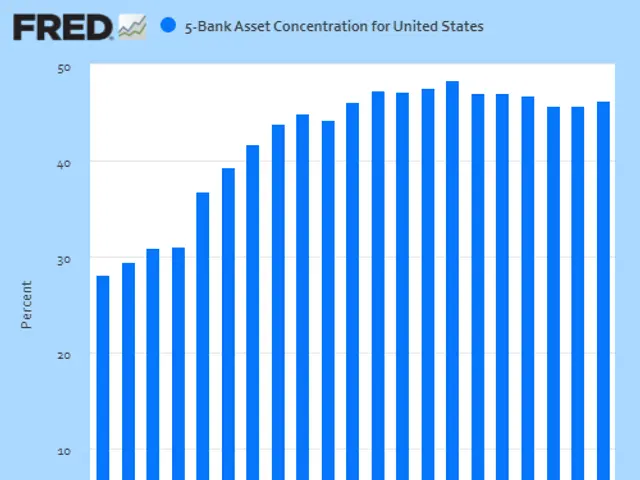German Supplier Industry Calls for Urgent Reforms Amid Job Cuts and Output Decline
The German supplier industry faces a dire situation, with companies struggling to maintain competitiveness due to low capacity utilization, weak orders, high costs, and intense competition from Asia. The Supplier Industry Working Group, representing around 9,000 companies, demands reforms to improve conditions and save Germany's unique supplier landscape.
The industry's plight is evident in the job losses: over 22,000 jobs were cut in 2024, and another 31,500 in the first half of 2025. Many companies are relocating production or closing plants, threatening Germany's position as a production location. Output has also declined, falling by 5% in 2024 and a further 3.7% in the first half of 2025.
The Supplier Industry Working Group (ArGeZ) has called for urgent reforms. It seeks a reduction in labor costs, lower energy prices, a cutback in bureaucratic compliance costs, and alignment of costs to European standards. Christian Vietmeyer, spokesperson for ArGeZ, emphasizes the need for politicians to initiate these reforms to preserve Germany's supplier landscape. Supporting trade associations include WirtschaftsVereinigung Metalle e.V., Bundesverband der Deutschen Gießerei-Industrie e.V., and others.
The upcoming Auto Summit must address these challenges and implement measures to strengthen the competitiveness of SMEs in the supplier industry. The industry's survival depends on swift action to improve framework conditions and preserve the breadth of the value chain.
Read also:
- Mecklenburg-Vorpommern's Controversial Spending: Calendars, Fish Ladders, and Parking Garages
- Berlin's Friedrichstraße and Checkpoint Charlie Redesigns Delayed by Budget Cuts
- Koblenz Explores Sewage Sludge Incineration Amidst 'Black Book' Revelations of Costly Investments
- Covid-19 Strains German Hospitals: Severe Nurse Shortage Threatens Care








